Senegal
In Senegal, a new offshore gas terminal, located in the Atlantic Ocean about ten kilometres off Saint-Louis, is beginning to upset fishermen who are lamenting the loss of an area rich in fish.
A new danger may be looming on the horizon. At least, that’s what Senegalese fishermen fear. The new offshore gas terminal visible through the morning mist cloaking the Atlantic Ocean, where Senegal meets Mauritania, is the threat.
The launch of gas production is expected to start next year. As it draws closer the Secretary-General of the fishing union braces for the worst; meaning the end of any fishing activity in the area.
"Cohabitation is impossible. Once gas extraction begins, it will mean death for Saint-Louis's fishing sector', Moustapha Dieng predicts.
"Saint-Louis is the capital of fishing, if you take into account the number of boats in Saint-Louis, the types of fishing found in Saint-Louis, they exist nowhere else".
"However, the fishing area is very small, it is practically stuck between the mouth of the river and the border with Mauritania where there are coastguards who've already killed 19 fishermen because they forbid access to their waters", Dieng laments.
Lately, seafarers have seen their catch dwindle. The authorities stepped up their control over the offshore platform and a security perimeter has been set up to the great displeasure of fishermen who say the area is precisely where most fish is found.
The gas project has also drawn criticism from environmental groups.
"No one can deny that resource exploitation has and will continue to have impacts on our environment", Pape Fara Diallo analyses.
"There will also be social impacts and when you see the communities that live next to where the resources will be exploited, especially here in Nguet Ndar (ed: fishing village of Saint-Louis) ", the chair of the National Publish What You Pay Coalition adds.
"We feel people are concerned, we see the discrepancy between the billions that we are told will come from the extraction of offshore gas and the poverty that you see around you."
Injustice?
Senegal's gas discoveries account for 0.5 % of world reserves.
But Energy and Oil Minister Sophie Gladima said "they were important enough to radically change the economy and industrial fabric of the nation and thereby its future prospects."
She underlined the legal framework needed to bring thousands of Senegalese jobs into the sector, and the setting up of the National Institute of Oil and Gas to turn out a highly qualified workforce.
But fishermen say they are being excluded from the future planned out by the state.
"Not being the greatest polluters since we are not industrialised, it would be unfair in the search for a solution (to global warming) to ban Africa from using the natural resources which are underground," Sall told visiting German Chancellor Olaf Scholz in May.
Radical change
Greenpeace Africa's ocean campaign manager Aliou Ba stressed that exploiting fossil fuel deposits will further "exacerbate" the climate crisis, with efforts to limit the temperature rise to 1.5 degrees Celsius looking increasingly forlorn.
Francois Gemenne, an expert with the Intergovernmental Panel on Climate Change, said: "What's at stake is that these countries can and do choose a decarbonised economy.
"And that requires the transfer of technology and investment in renewables, which is still generally lacking."
The pre-COP27 talks held in Kinshasa at the start of October heard calls for alternative technologies and major financing to sustain a green transition.





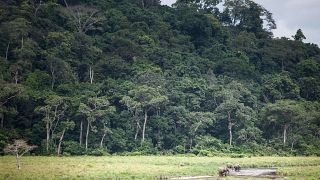
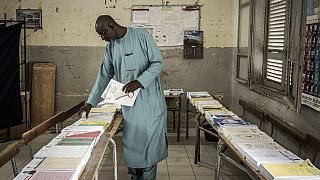
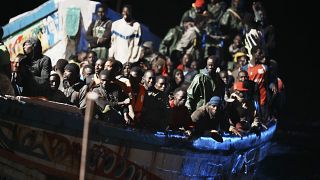
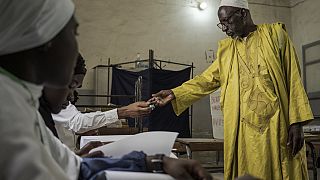


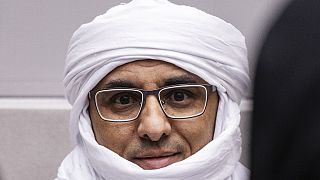
Go to video
Fugitive Zambian MP Emmanuel Jay Banda arrested in Zimbabwe after three-month Manhunt
Go to video
Spain to offer residency and work permits to undocumented migrants
Go to video
Archbishop of Canterbury will end official duties in early January amid sex abuse scandal
Go to video
Congo opposition leaders call for protests against president's plan to change constitution
Go to video
At least 7 members of Nigerian security force missing after insurgents ambush convoy
01:30
Mali: Former al-Qaida-linked police chief sentenced to 10 years for war crimes